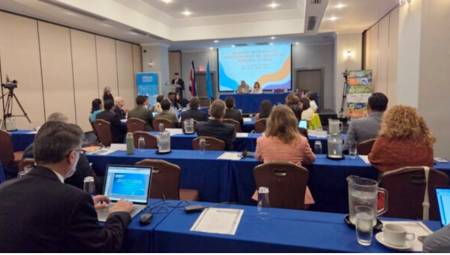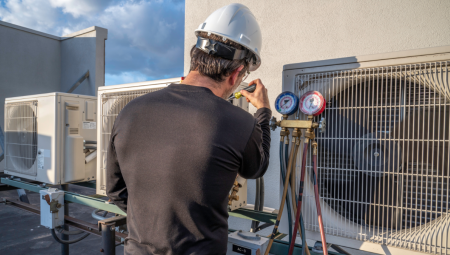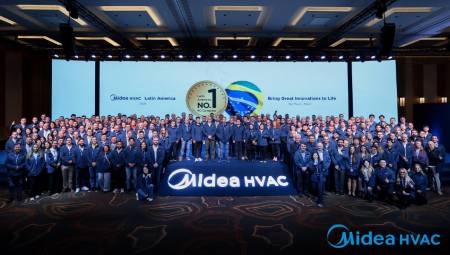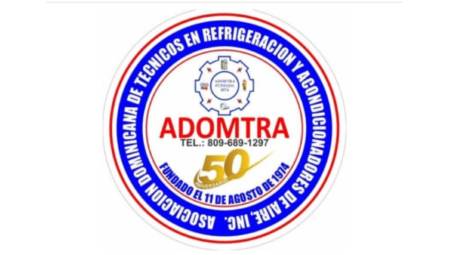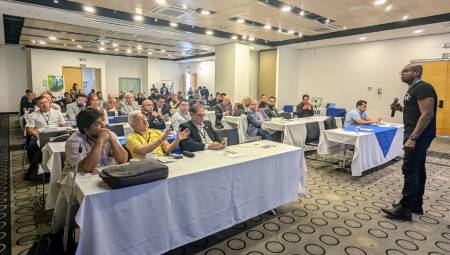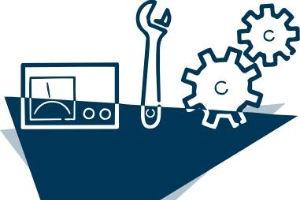 Defining the concept of "maintenance" can be something as simple or as complex, depending on how we want to do it, especially if it is modern techniques.
Defining the concept of "maintenance" can be something as simple or as complex, depending on how we want to do it, especially if it is modern techniques.
By: Camilo Botero*
If we go to the essence of the etymology of the word, the following definition could be accepted as valid: The European Federation of National Maintenance Societies defines maintenance as "all actions that aim to maintain an article or restore it to a state in which it can carry out some required function".These actions include the combination of the corresponding technical and administrative actions.
I spent at least 25 years of my life in maintenance roles, but let alone "spent", rather "invested". As I said, first I was in a large Colombian graphic arts company called Carvajal S.A as head of the Metalmecánica division.
In this company I was in charge of more than 1,300 machines of all sizes, some of them up to a cost of US $ 5 million, distributed in almost all countries of Latin America. Under my direction were more than 200 employees including engineers, mechanics, electricians, electronics, machine tool operators and draftsmen.
Subsequently, I was in my contracting company in the field of Thermal Engineering in an infinitesimally smaller dimension, but with the same degree of demand in maintenance.
When I started with this exciting subject of maintenance in 1974, with my degree in Mechanical Engineering and my master's degree in Thermal Engineering, Mr. Guillermo Carvajal appointed me head of mechanical assemblers and I had to meet his demands and those of Mr. Sauter, a German who was the technical head of mechanics, both with a deep passion for the quality of both the work in the graphic arts and in the equipment that allowed to do such work. There accuracy was measured in microns, it was a vital matter for quality.
Unfortunately or fortunately, depending on how you look at it, the administrative part was conspicuous by its absence, to say that there was not even a secretary and that some of the mechanics had only a few years of primary education.
At that time another great master in this maintenance came to my aid, was the engineer John Castles, an Englishman who had adapted perfectly to Colombia. He worked for a major lubricants firm and had been in charge of maintenance organizations in several Latin American countries. Castles developed a system that he had patented at the time that he called the LEM: Lubrication, Electrical and Mechanical, based on maintenance manuals that very clearly described the operations in terms of frequency, duration time and who executed the tasks by levels of complexity; all this was marked on gigantic wooden boards, section by section and machine by machine. Fortunately there were already computers, the famous IBM 1130 and soon we replaced the wooden frames with orders that were issued by computer and also implemented a system of rates by level of operator, mechanic, electrician and / or draftsman.
All this seems very elementary now that there are already very complete maintenance software with all these functions and properties, but at that time, only corrective maintenance was done.
Evolution
Some sugar mills, due to the influence of countries where there was a harvest, implemented periodic maintenance, making large stops at the end of the year, with immense difficulties for start-up.
Subsequently, scheduled maintenance was implemented for working hours, very characteristic of aviation; and maintenance under conditions, that is, not changing or repairing on defined dates and times but when the parts required it. This involved having sophisticated instruments such as vibration analyzers, bearings, thermography, graphic spectrum analysis of lubricants to detect wear, ultrasound to evaluate cracks, welding with pores and degastes in pipe and other techniques.
With all this equipment it was possible to do the predictive maintenance that was intended for the most critical and expensive equipment.
In addition to the use of technology and equipment that facilitated the maintenance work, staff training processes were initiated, forming a kind of "university" in the Metalworking division. Thus, in order to be promoted, it was necessary to complete a certain number of courses taught by the Sena, the institution that provided the Certificates of Professional Attitude (CAP) in Colombia.
This whole process was complemented by measurement parameters taken from a Dupont example where four graphs were configured with four measurement parameters (16 in total) that perfectly measured the performance and timeliness of maintenance.
I had the opportunity to compile all these concepts in a book on industrial maintenance published by the Seine in 1991 with the support of Fedemetal. And I can say that the fundamental principles covered there are still in force, even taking into account advances in technology.
You may wonder what so much ancient history is coming to? Well, to compare what I see today in the maintenance of Air Conditioning equipment (AA, R, V and C) where the lack of technological culture is at ease and where the fight for a "better" maintenance price per ton of refrigeration has made the quality of it border with mediocrity, not to say with uselessness.
We must create a culture of maintenance in our guild, where the staff is fully trained, well paid, equipped with all the latest technology equipment to develop their work, perfectly programmed and with impeccable logistics. As they said in the army when I did the reserve officer course: "Logistics has never won a war, but many have been lost for lack of it."
Efficiency and effectiveness, i.e. maintenance effectiveness, must be evaluated so as to optimize the total cost of the process against the cost of shutting down equipment and its impact on comfort or processes, using well-kept statistics with all the most relevant performance parameters.
]
To finish I quote a sign that is common to see in maintenance departments: "It is said that maintenance is very expensive, it is said that it is not required or that it should be decreased. But where everyone agrees is that if there is no maintenance there should be."
* Camilo Botero is the current president of ACAIRE and president of Camilo Botero Ingenieros Consultores Ltda. He has worked as a teacher in several Colombian universities, guilds and currently in ACAIRE in diploma courses of air conditioning projects, energy efficiency in air conditioning and refrigeration, cogeneration and trigeneration, applied psychometrics, thermodynamics, fluid mechanics, heat transfer and turbomachinery.



